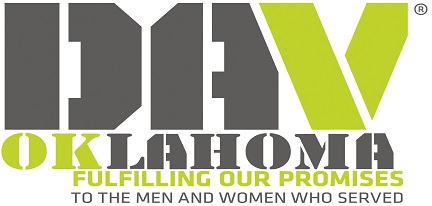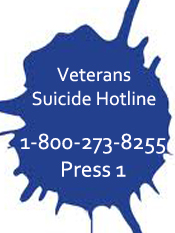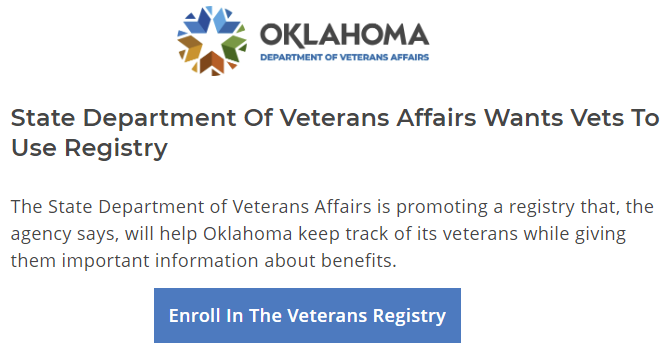On July 30, 2019, Representative Raul Ruiz (CA), introduced H.R. 4137-the Jennifer Kepner Healthcare for Open Air Burn Pit Exposure Act.
If a veteran is not eligible for Department of Veterans Affairs (VA) health care based on service-connected disabilities, current statutes allow veterans treatment for diseases related to specific toxic exposures. However, exposure to burn pits is not one of the accepted toxic exposures. H.R. 4137 would amend that statute to allow veterans who served at locations with an open air burn pit on or after January 1, 1990, to be eligible for VA medical care.
DAV strongly supports H.R. 4137, as it will provide veterans exposed to burn pits who have no other means of VA health care eligibility, with access to life-saving medical treatment. This legislation is in accord with DAV Resolution No. 049.
Please use the prepared electronic letter or draft your own to urge your Representative to support and cosponsor H.R. 4137. As always, we appreciate your support for DAV and your grassroots activism in participating in DAV CAN. Thank you for all you do for America’s veterans and their families.




